New UN General Assembly Resolution in support of the HCoC
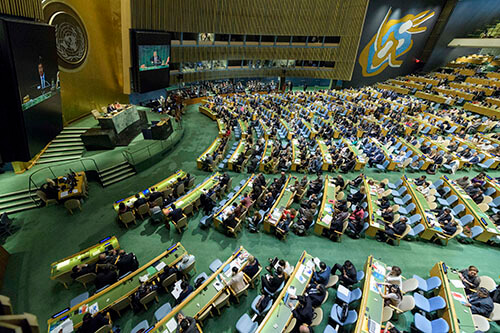
On 7 December 2020, the UNGA adopted A/RES/75/60 by a recorded vote of 176 in favour to 1 against with 10 abstentions. This text was adopted with the highest number of votes in favour since the first such resolution, in 2004.
Asian Regional Webinar
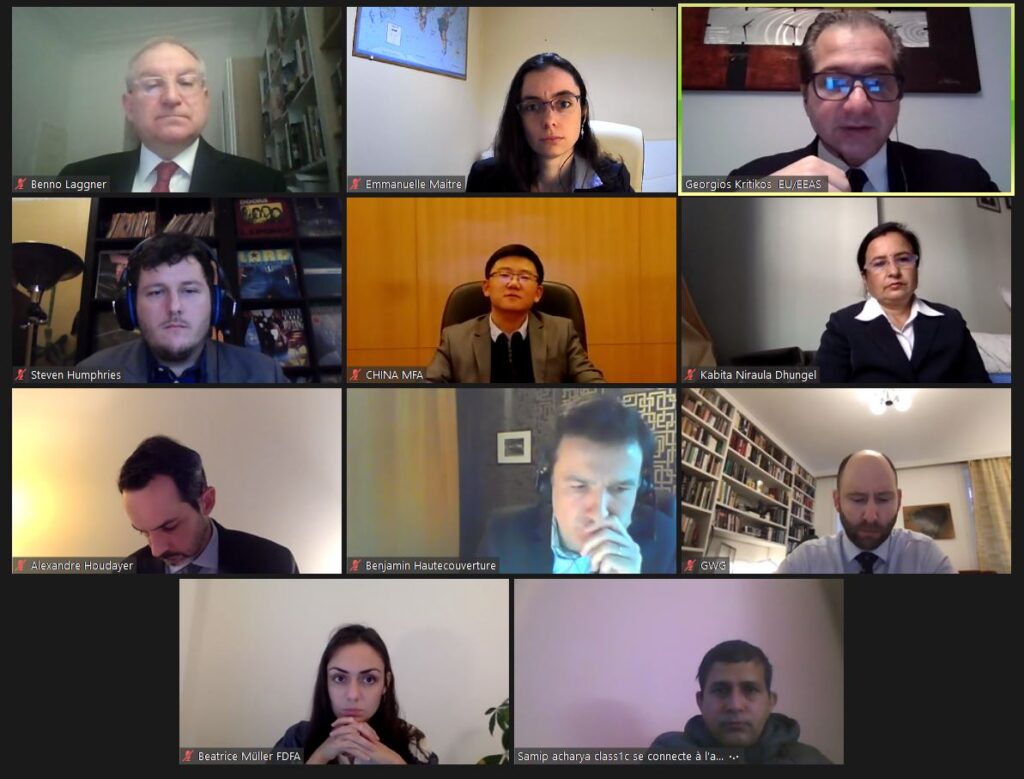
On 18 December 2020, FRS teamed up with UNRCPD to organise a virtual event dedicated to enhancing understanding on the HCoC with a number of Asian States.
The HCoC and African States
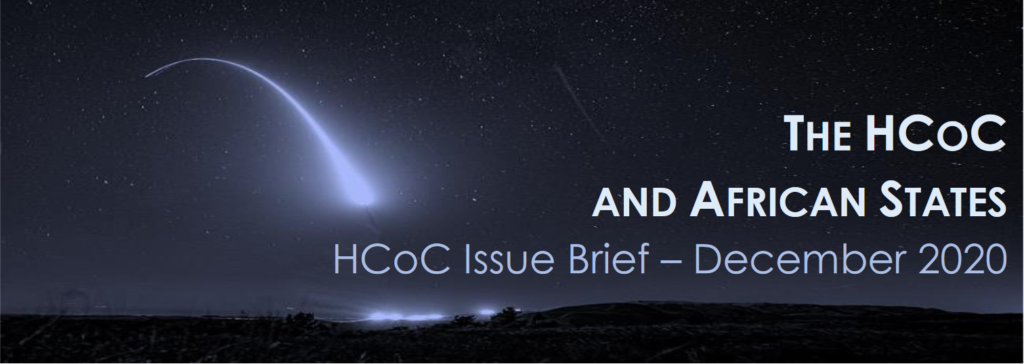
While both ballistic programmes and the risk posed by these systems remain very limited on the African continent, ballistic missiles inherently constitute a global risk – due to their range and destructive potential. Instruments such as the HCoC, which seek to limit the proliferation of such systems, are therefore relevant for African countries.
Expert Mission on HCoC with Vietnam
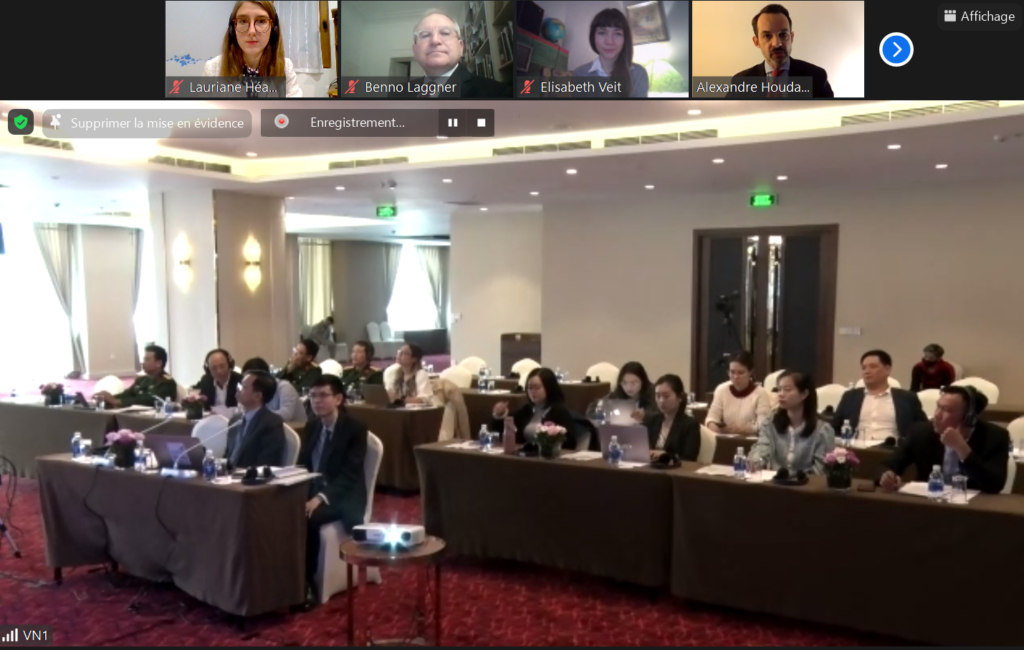
On 10 December 2020, the FRS and representatives from the government of Vietnam discussed over ballistic missile proliferation and the role of the Hague Code of Conduct. This event took the form of a hybrid event with representatives of Vietnam gathering in Hanoi and experts from FRS, the EU, the Swiss Chair and Austria presenting virtually.
Why Does the HCoC Focus on Ballistic Missiles?
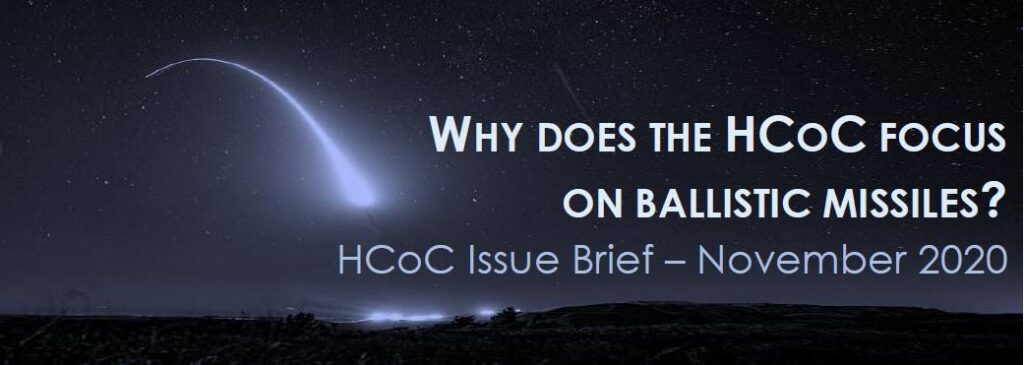
The Hague Code of Conduct focuses on ballistic missiles as they remain the preferred delivery vehicle for WMDs. The HCoC therefore regulates one of the most dangerous types of weapons in existence.
The State of Ballistic Missile Proliferation Today
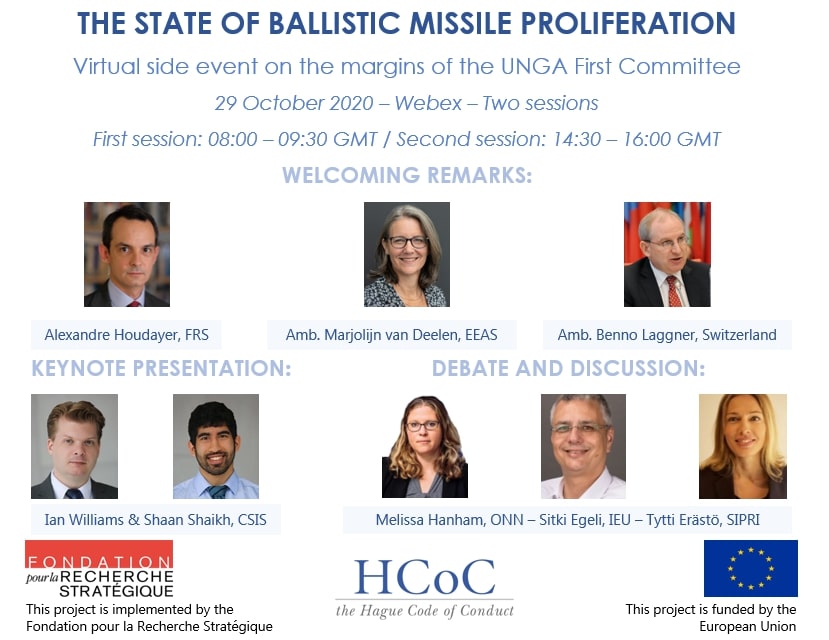
On 29 October 2021, FRS organised a Side-Event in the margins of the UNGA First Committee, discussing the State of Ballistic Missile Proliferation Today.
The HCoC: A Small Yet Key Tool Against Ballistic Missile Proliferation
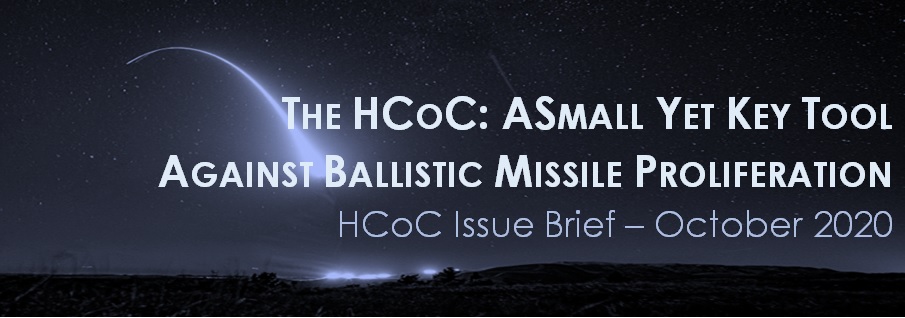
The HCoC was adopted in 2002, at a time where the international community pushed strongly for the adoption of norms to promote non-proliferation and disarmament. It was initially designed as a first step which would lead to further regulations in the field. However, rising international tensions have prevented states from engaging beyond the 2002 compromise.
A Tribute to Professor Dennis Gormley
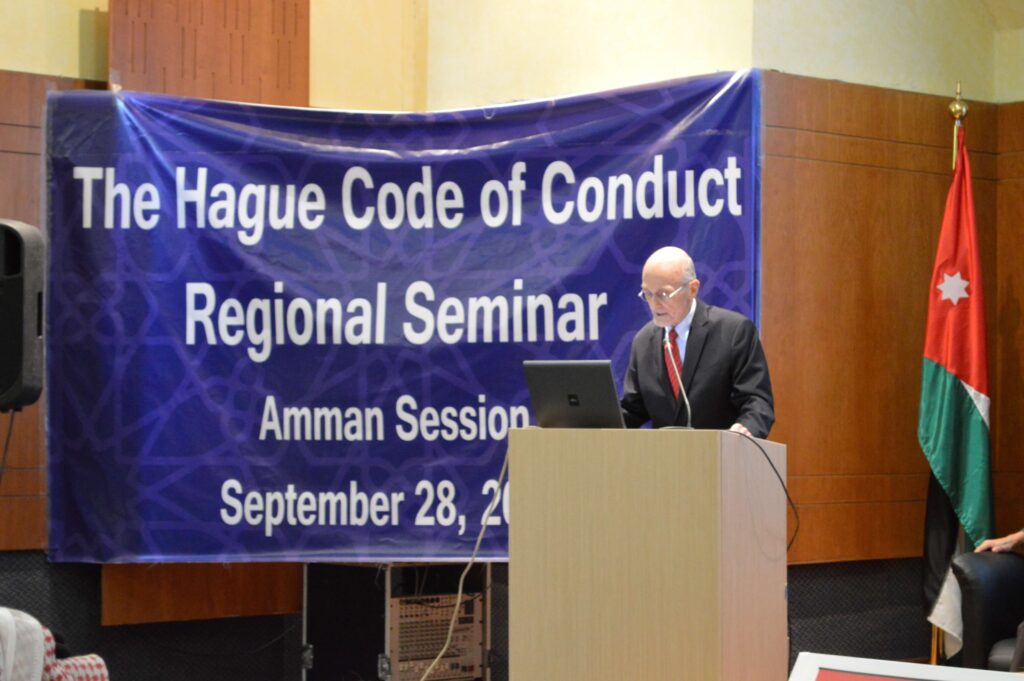
The HCoC Project Team wishes to pay tribute to Dennis M. Gormley, who passed away on October 19th2020, and extend their condolences to his family. Dennis M. Gormley recurrently intervened within the framework of the HCoC Project’s seminars and missions in order to promote the Hague Code of Conduct in multilateral fora, and readily provided support […]
EU Statement on the occasion of 19th Annual Regular Meeting of the HCoC in Vienna, 12 October 2020

During the Annual Regular Meeting held in Vienna on 12 October 2020, the European Union welcomed the recent subscription of three new states to the HCoC and recalled its support to many activities to promote the Code. Read the all statement here.
A Tribute to Professor Dennis Gormley
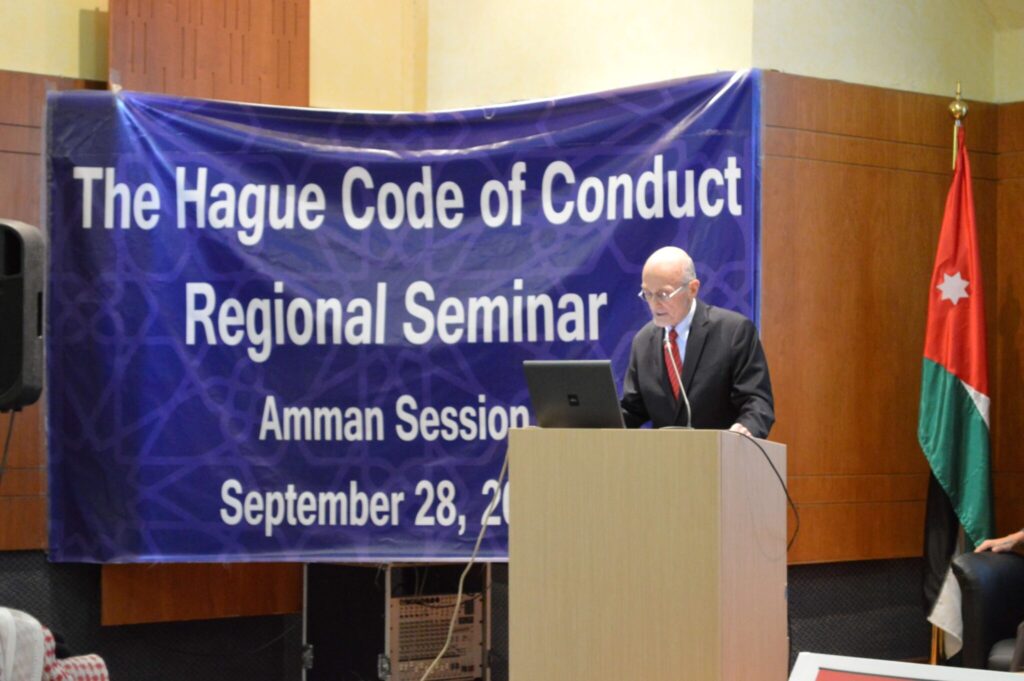
The HCoC Project Team wishes to pay tribute to Dennis M. Gormley, who passed away on 19 October 2020, and extend their condolences to his family.
Current Trends in Ballistic Missile Proliferation

Around 30 states hold ballistic missiles today. All current nuclear-weapon possessor states have acquired missile production capacities to enhance their nuclear deterrence.
Controlling ballistic missile proliferation Assessing complementarity between the HCoC, MTCR and UNSCR 1540
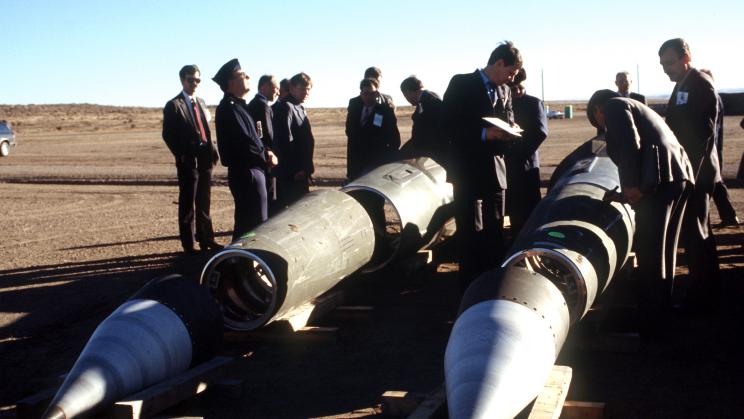
The Hague Code of Conduct against Ballistic Missile Proliferation, the Missile Technology Control Regime and United Nations Security Council Resolution 1540 each contribute to the international regime for the nonproliferation of ballistic missiles. The three instruments aim at controlling both horizontal and vertical proliferation.
Rockets, Missiles, and Space: lessons from the The Hague Code of Conduct and beyond
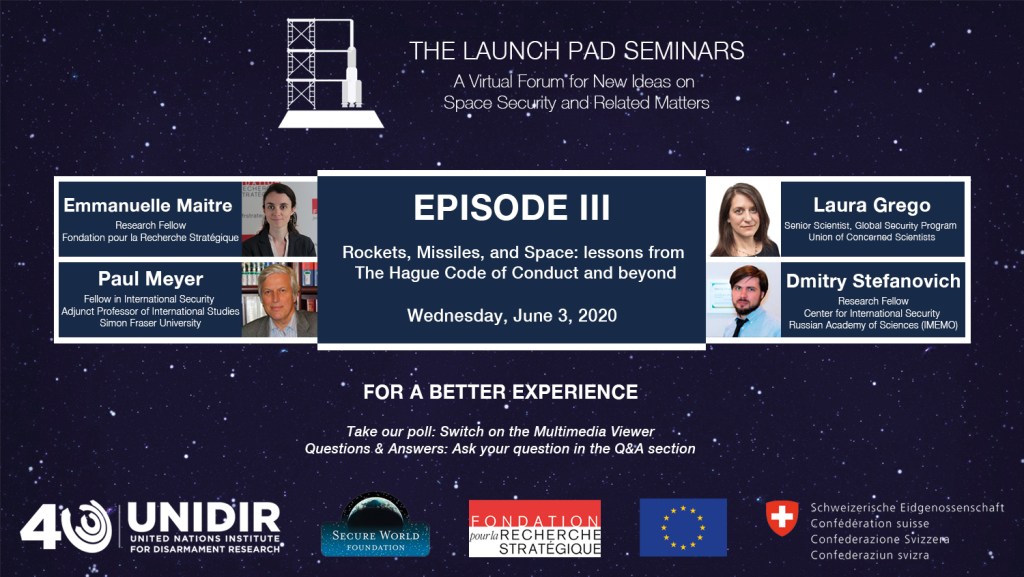
On 3 June 2020, UNIDIR with the support of FRS, Secure World Foundation and the EU, dedicated one episode of its virtual seminar series “The Launchpad” to the links between rockets, missiles and missile defense and especially explored the role of the Hague Code of Conduct as a confidence-building measure.
Switzerland takes over the rotating chairmanship of the Code

On 3rd June 2020, Norway officially handed over the Chairmanship of the Code of Conduct to Switzerland. Given the circumstances, a physical Annual Regular Meeting of subscribing states could not be held, but such a meeting should be postponed in Fall. A side-event is scheduled and should be organised by FRS. You can read the […]
Switzerland takes over the rotating chairmanship of the Code

On 3 June 2020, Norway officially handed over the Chairmanship of the Code of Conduct to Switzerland. Given the circumstances, a physical Annual Regular Meeting of subscribing states could not be held, but such a meeting should be postponed in Fall. A side-event is scheduled and should be organised by FRS.
Trois États rejoignent le Code de Conduite de La Haye
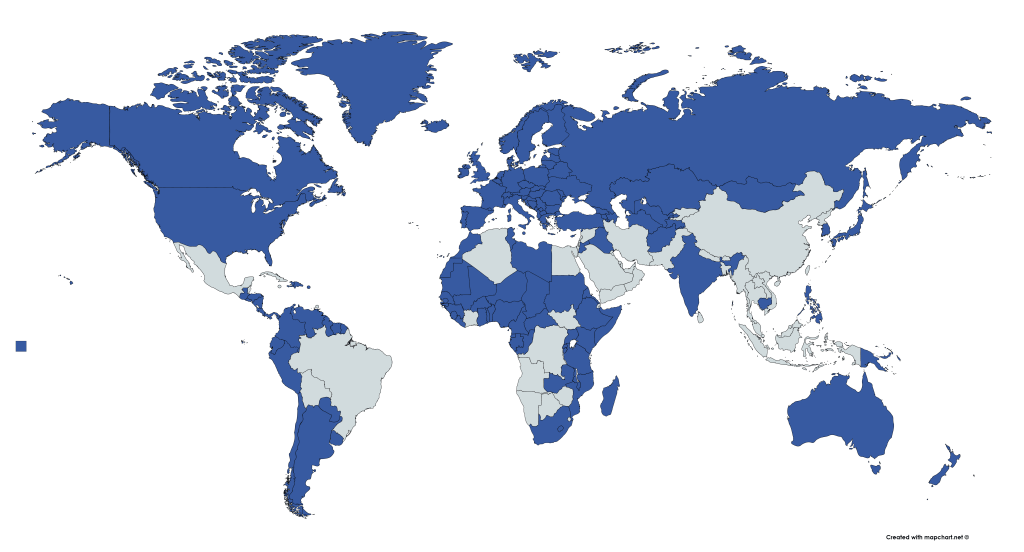
L’année 2020 s’est ouverte avec l’annonce par trois États de leur intention de rejoindre le Code de Conduite de La Haye contre la prolifération des missiles balistiques (HCoC) : Saint-Vincent-et-les-Grenadines, la Guinée équatoriale et la Somalie. Le nombre d’États signataires de ce texte s’élève désormais à 143. À noter qu’en 2019, le Togo avait également pris […]
Three new subscribing States for the Hague Code of Conduct
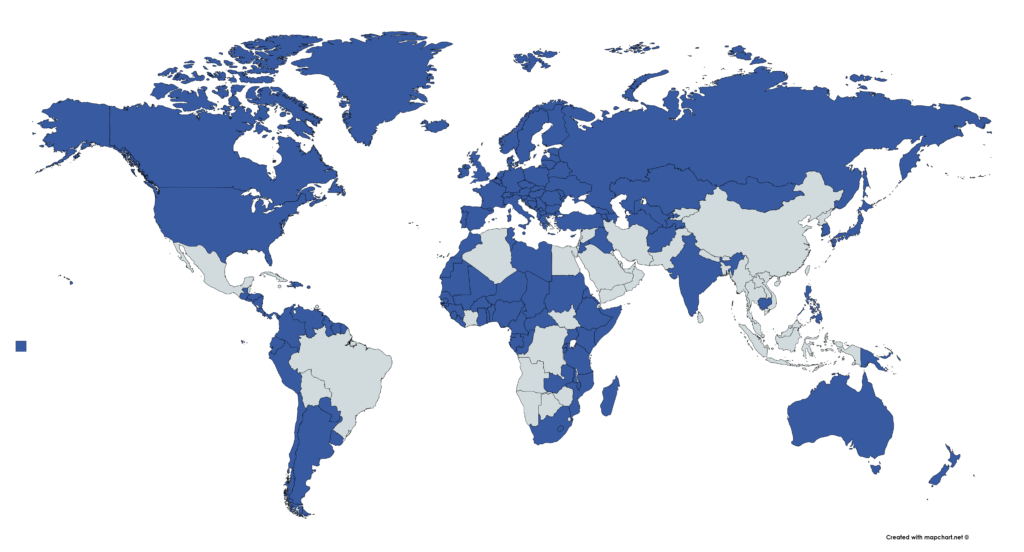
2020 opened with the announcement by three states of their intention to join the Hague Code of Conduct against Ballistic Missile Proliferation (HCoC): Saint Vincent and the Grenadines, Equatorial Guinea and Somalia. The number of subscribing states to this text now stands at 143. It should be noted that in 2019, Togo took the decision […]
What prospects for arms and missile control after the end of the INF Treaty?

This note identifies the various proposals for arms control in a post-INF world, with a focus on missiles. It seeks to offer an analysis of diplomatic suggestions and non-State expert reports, putting the ins and outs of the various proposals into perspective and reflecting on their feasibility and prospects in the current context.
EU Statement on the subscription of two new states to the Code

The EU Spokesperson for Foreign Affairs and Security Policy welcomed the subscription of Saint Vincent and the Grenadines and Equatorial Guinea in the following statement on 4 February 2020.
Equatorial Guinea becomes the 142nd subscribing state to the HCoC

On 28 January 2020, Equtorial Guinea became the 142nd subscribing state to the Hague Code of Conduct against the proliferation of ballistic missiles.

